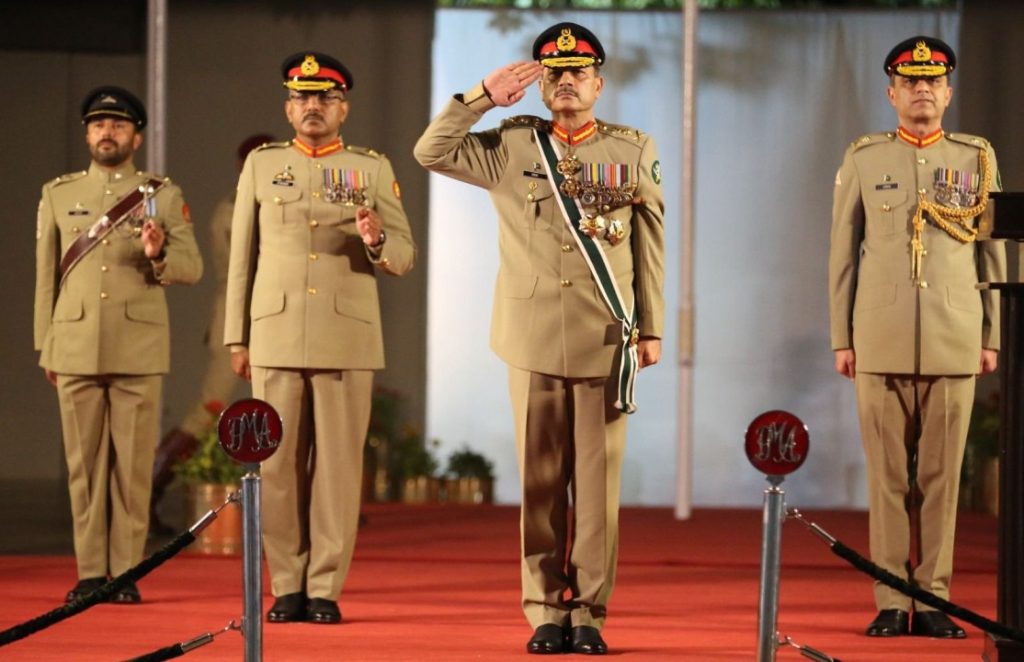In today’s interconnected world, the value of patriotism is undeniable. Loving one’s country means showing loyalty, dedication, and affection for the homeland. Patriotism is more than a symbol. It creates unity, inspires positive change, and gives people a sense of belonging. Loving and respecting one’s country is essential for society’s well-being.
Patriotism plays a key role in promoting unity within diverse nations. Countries like Pakistan are home to many cultures, languages, and traditions. Patriotism embraces this diversity by recognizing the unique contributions of every citizen. It does not promote superiority but celebrates differences. It brings people together by fostering pride and solidarity across communities.
Preserving a nation’s heritage is another vital aspect of patriotism. Every country has a history, culture, and values that shape its identity. Patriotism means respecting this heritage, remembering sacrifices, and valuing national symbols and traditions. By protecting cultural legacies, patriotism provides future generations with a sense of continuity and belonging.
Active participation in civic duties is another way patriotism shows its strength. It involves contributing to the country’s progress through actions, not just emotions. Patriotism motivates people to volunteer, engage in activism, and serve the public. It also strengthens democratic values. With a sense of responsibility, citizens can shape their nation’s future.
Patriotism shines during tough times. It brings people together to face challenges like natural disasters, economic problems, or external threats. In these moments, it inspires resilience and unity. By working together, societies can rebuild and emerge stronger.
Patriotism also drives progress and innovation. Love for the country motivates people to address serious problems like poverty, inequality, and environmental issues. Citizens take action for a better future, ensuring sustainable development and prosperity for everyone.
The story of Pakistan’s creation in 1947 highlights the power of patriotism. The struggle for independence required immense sacrifices. Visionary leaders like Allama Iqbal and Muhammad Ali Jinnah dreamed of a separate homeland for Muslims. This vision became the foundation of Pakistan.
During British rule, the demand for freedom grew stronger. Many freedom fighters endured imprisonment, persecution, and even death. Their sacrifices paved the way for the partition of India and the birth of Pakistan.
The partition of 1947 brought violence, displacement, and pain. Millions of Muslims were forced to leave their homes and travel to safety. Communal riots and mass migrations left a lasting impact on the region’s history. Despite these challenges, Pakistan emerged as an independent nation.
In its early years, Pakistan faced severe difficulties. Internal conflicts, economic instability, and external threats challenged its survival. But the country showed resilience and determination. Building infrastructure, developing education, and promoting social welfare were vital steps toward progress. These efforts reflected the unity and hard work of the nation.
As Pakistan moves forward, it is important to remember the sacrifices made for its independence. Honoring these sacrifices helps the country uphold the vision of Quaid-e-Azam Muhammad Ali Jinnah. His dream of a democratic, progressive, and inclusive Pakistan remains a guiding light for future generations.
Patriotism also supports human rights and freedoms. In Pakistan, all citizens have equal rights and protection under the law. They are free from discrimination based on religion, race, gender, or socioeconomic background. This ensures equal opportunities for everyone.
Religious freedom is also a key part of Pakistan’s values. Citizens can worship freely, celebrate religious holidays, and express their beliefs without fear. Respecting religious diversity promotes understanding and harmony among communities.
The right to privacy is another important freedom in Pakistan. Citizens are protected from unnecessary intrusion or surveillance. This ensures dignity and personal autonomy. Education, a cornerstone of democracy, is also a fundamental right. It empowers individuals to engage with society and contribute to its progress.
Pakistan’s military plays a central role in protecting the nation. The armed forces safeguard the country’s sovereignty and security. Their sacrifices and bravery are unmatched. Soldiers defend borders, combat terrorism, and provide aid during disasters.
The Pakistan Army also contributes to global peace. Through United Nations missions, its soldiers work in conflict zones to restore stability and protect civilians. Their efforts highlight compassion and commitment to humanity.
Within the country, the military helps during crises. It provides aid after earthquakes, floods, and other emergencies. These efforts save lives and offer hope in difficult times. The army also supports nation-building. Through education, healthcare, and infrastructure projects, it uplifts marginalized communities.
Organizations like the Pakistan Army Welfare Trust and Fauji Foundation improve lives through social welfare and development programs. These efforts reflect the military’s dedication to the people of Pakistan.
The bond between citizens, their country, and the armed forces is deeply rooted in history. This connection grows stronger through shared sacrifices, pride, and a common dream for a brighter future. Patriotism unites people across differences and inspires loyalty to the nation.
Soldiers represent courage, integrity, and dedication. Their sacrifices ensure the nation’s security and freedom. Citizens admire and honor these efforts, fostering mutual respect and gratitude. This trust and loyalty build unity and strengthen the nation.


